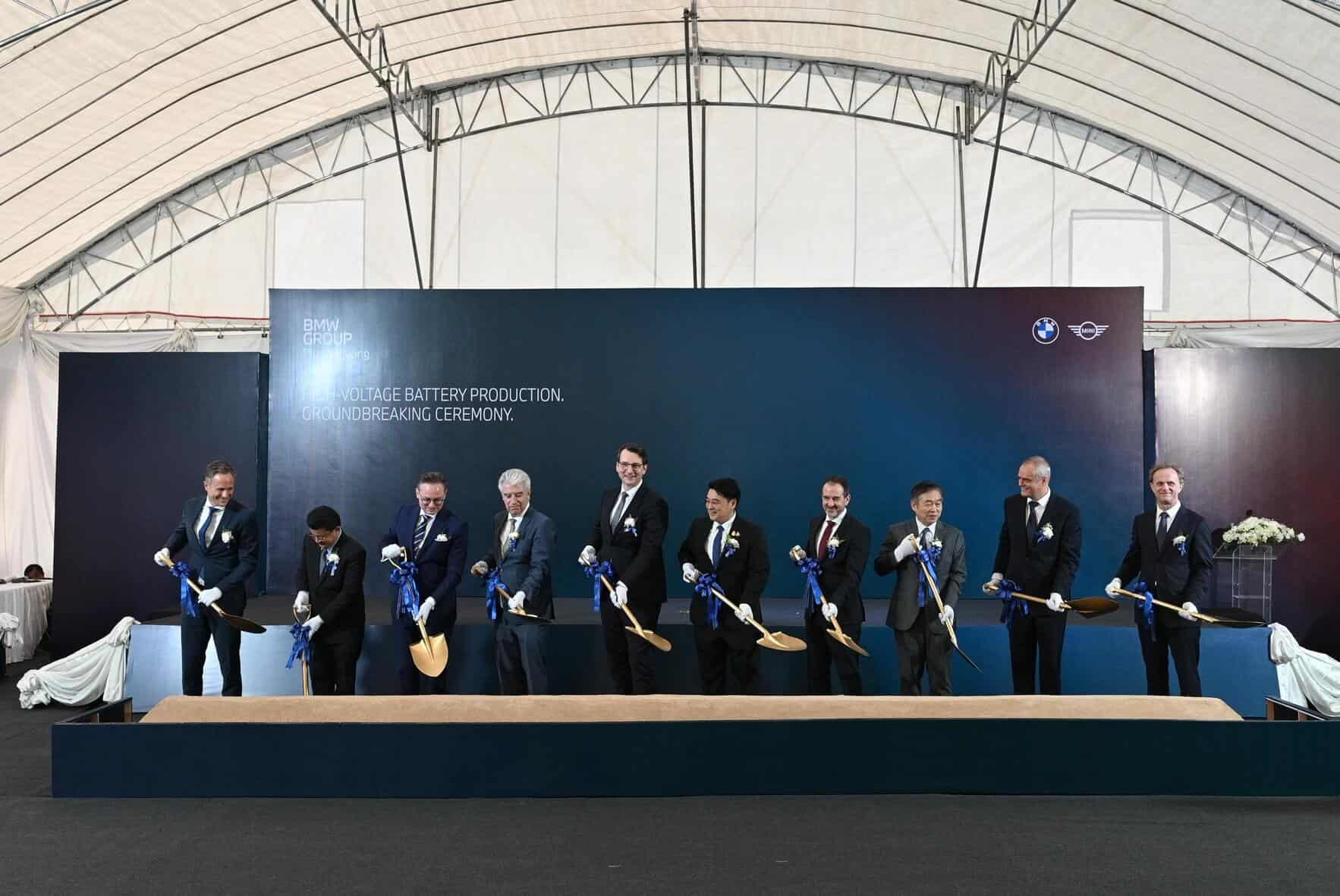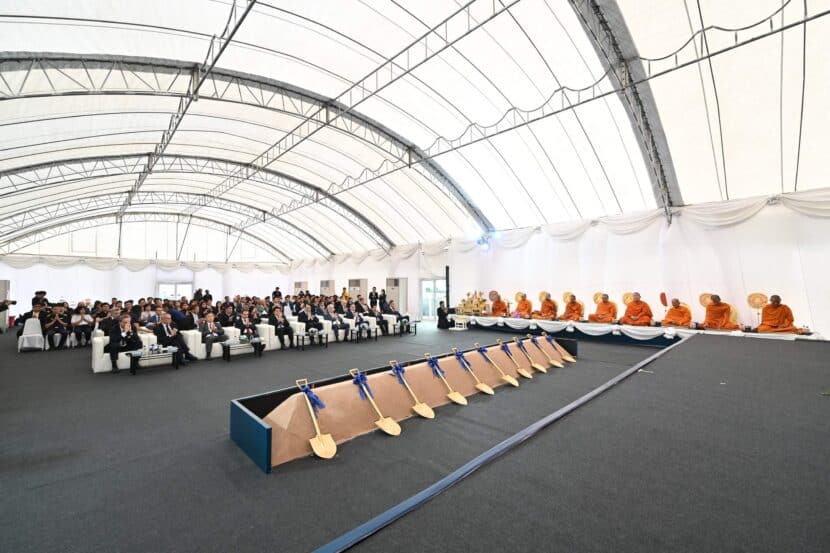
[ad_1]

We don’t get to talk that often about the BMW Group Manufacturing Thailand. It operates an assembly plant in Rayong where various models are being built, as small as the 1 Series compact hatchback and as large as the flagship 7 Series fullsize luxury sedan. It’s been making cars since 2000, two years after BMW Group Thailand was founded. In 2023, more than 12,000 cars and nearly 11,000 motorcycles were built there.
With the introduction out of the way, it’s time for some big news. BMW is announcing a new battery assembly plant in Rayong to support an upcoming electric car scheduled to go into production in 2025. The facility will make modules from imported cells designed for fifth-generation batteries currently used by the company’s EVs as well as PHEVs.
Spanning 4,000 square meters (43,055 square feet), the battery assembly plant will come to life thanks to an investment of around €42 million, with €36 million going into the equipment and systems. Some of the funds will be spent on training programs to educate employees about putting together battery packs. The workforce already has some of the necessary expertise since BMW has been making batteries in Thailand for a variety of plug-in hybrid models since 2019. The Plant Rayong builds more than 20 BMWs, MINIs, and BMW Motorrad products not just for Thailand but also for other ASEAN (Association of Southeast Asian Nations) regions.
The identity of the EV that will use locally-made batteries has not been disclosed. However, since Gen5 batteries have been confirmed, chances are it won’t be a Neue Klasse model since NK-based cars will get Gen6 round cells. It can only mean the zero-emission model will either use the FAAR or CLAR platform. Production of the EV is scheduled to start in the second half of next year.
Manufacturing an EV in Thailand will help the BMW Group achieve its goal of making electric cars account for 25% of total annual shipments in 2025. Meanwhile, EVs are projected to represent 20% of all deliveries in 2024.
Source: BMW
[ad_2]
